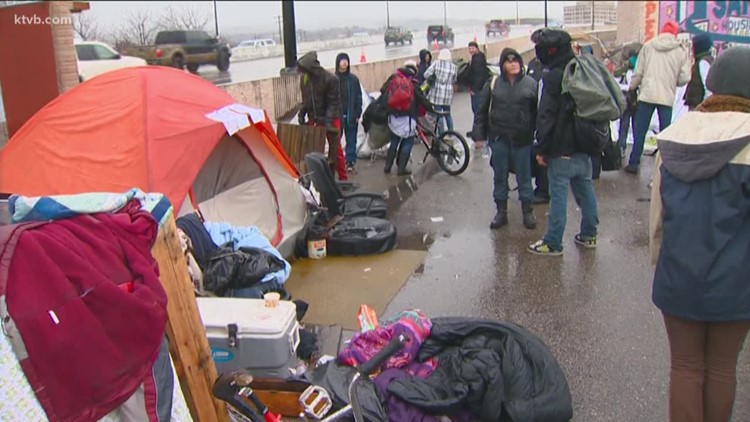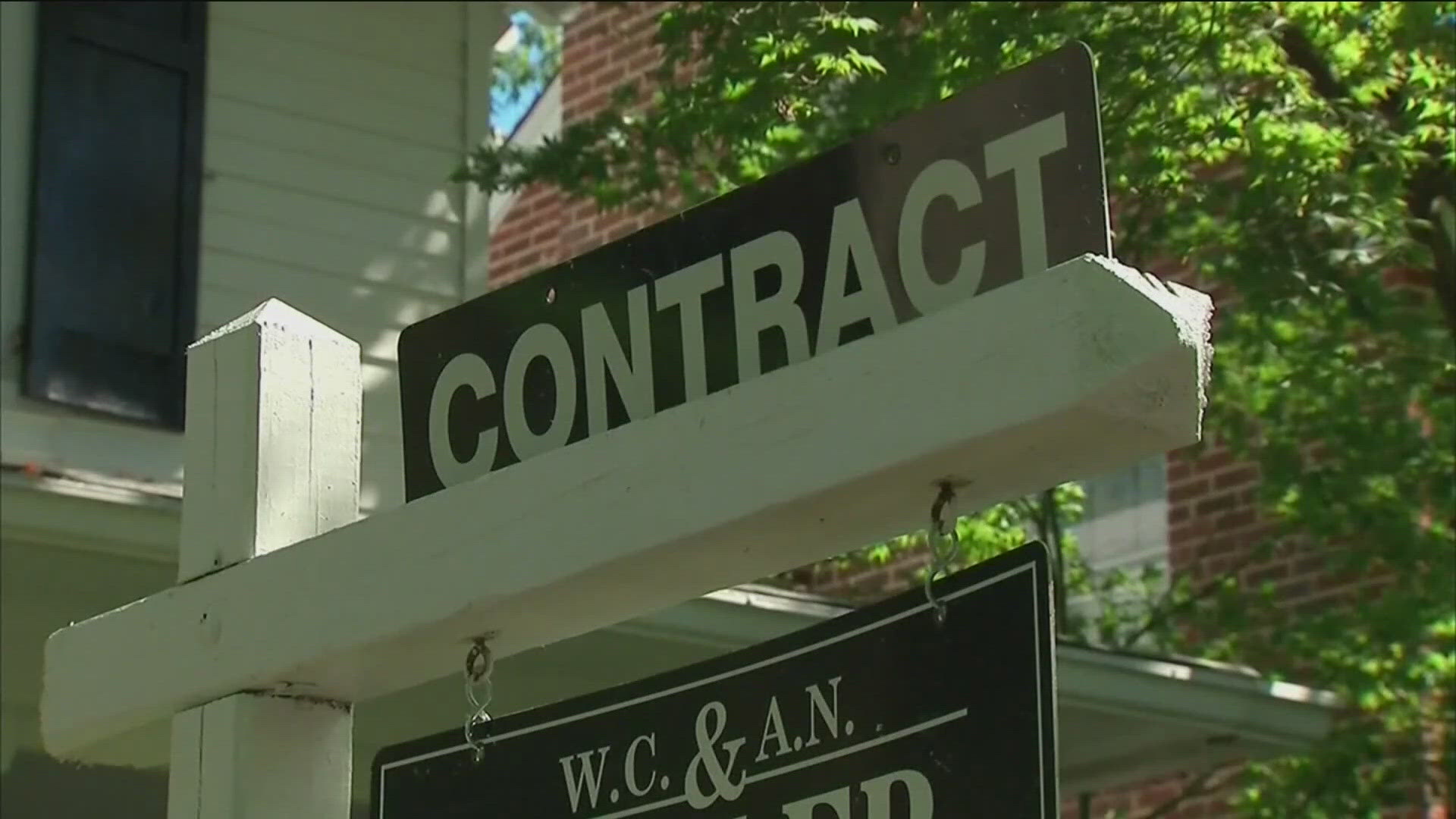BOISE, Idaho — After the U.S. Supreme Court declined last month to hear a lawsuit questioning Boise’s ordinance against sleeping in public spaces, attorneys representing two Boise residents have asked a judge to allow them to work with city lawyers to decide how police should enforce the law in the future.
The Idaho Press reports Howard Belodoff, an attorney representing the remaining two of the original six Boise residents who claim they were cited for sleeping in public between 2007 and 2009, filed a brief Monday asking the judge to order a settlement conference.
The judge in the lawsuit between the city and the residents had ordered attorneys to file briefs in which they offered their opinion on what the next steps in the case should be. During that proposed conference, Belodoff wrote, attorneys should hammer out the particulars of what enforcement of Boise’s camping ordinance will look like in the future.
Right now, Boise’s law is governed by the September 2018 decision from the 9th Circuit Court of Appeals, in which judges wrote the city could not make it illegal for people to sleep outside if all beds in the city’s shelters were full.
Attorneys representing the six Boise residents argued the ordinance violated the 8th Amendment protection against cruel and unusual punishment, and the circuit court agreed it did if officers wrote tickets for people sleeping outside when there was no room in shelters. Because the U.S. Supreme Court declined to hear the case, the decision remains the controlling interpretation of the city’s law.
But even after 10 years of litigation, “practical questions remain with respect to what steps (city officials) plan to take in order to ensure that (the city’s) enforcement of the ordinances complies with the law,” Belodoff wrote in Monday’s brief.
“For instance, the 9th Circuit’s opinion recognizes that (the city’s) existing shelter protocol does not account for situations in which one or more of Boise’s shelters is not at capacity, but individuals are turned away for reasons other than shelter capacity, such as for exceeding stay limits,” according to the document.
The conference, Belodoff wrote, could streamline the effort to resolve the case and save court time.
Even though the 9th Circuit Court of Appeals decided many of the questions about how the 8th Amendment affects Boise’s law, some gray areas remain, he wrote. He posited a hypothetical situation in which Boise’s Interfaith Sanctuary was full, and a person had been denied admission to a Boise Rescue Mission facility “for reasons other than shelter capacity.”
The question was, Belodoff wrote, if that person would have “a credible risk of being issued a citation” in such a situation.
Boise’s interim Police Chief Mike Masterson told the Idaho Press in December officers only cite people sleeping outside when there is room in Boise’s shelters. By mid-December, he said, officers had written seven such citations in 2019.
In his own brief also filed Monday, Brady Hall, the attorney representing the city, wrote that, “the City’s ordinances and their application to the remaining Plaintiffs is constitutional,” and that there was no need for further litigation.
“To the contrary, the 9th Circuit affirmed the dismissal of the vast majority of Plaintiffs’ claims,” Hall wrote. “The ball is in Plaintiffs’ court to identify what cognizable claims, if any, they are willing and able to advance at this time.”
The case has a hearing scheduled for Wednesday in federal district court, where it began. At that hearing, according to the court docket item, attorneys will focus on “discussing and clarifying the remaining issues and reaching agreement upon the form of a scheduling order for this case going forward.”
More from our partner Idaho Press: Caldwell urban renewal board to consider funding Fair Expo Center
Watch more 'Growing Idaho':
See them all in our YouTube playlist:



